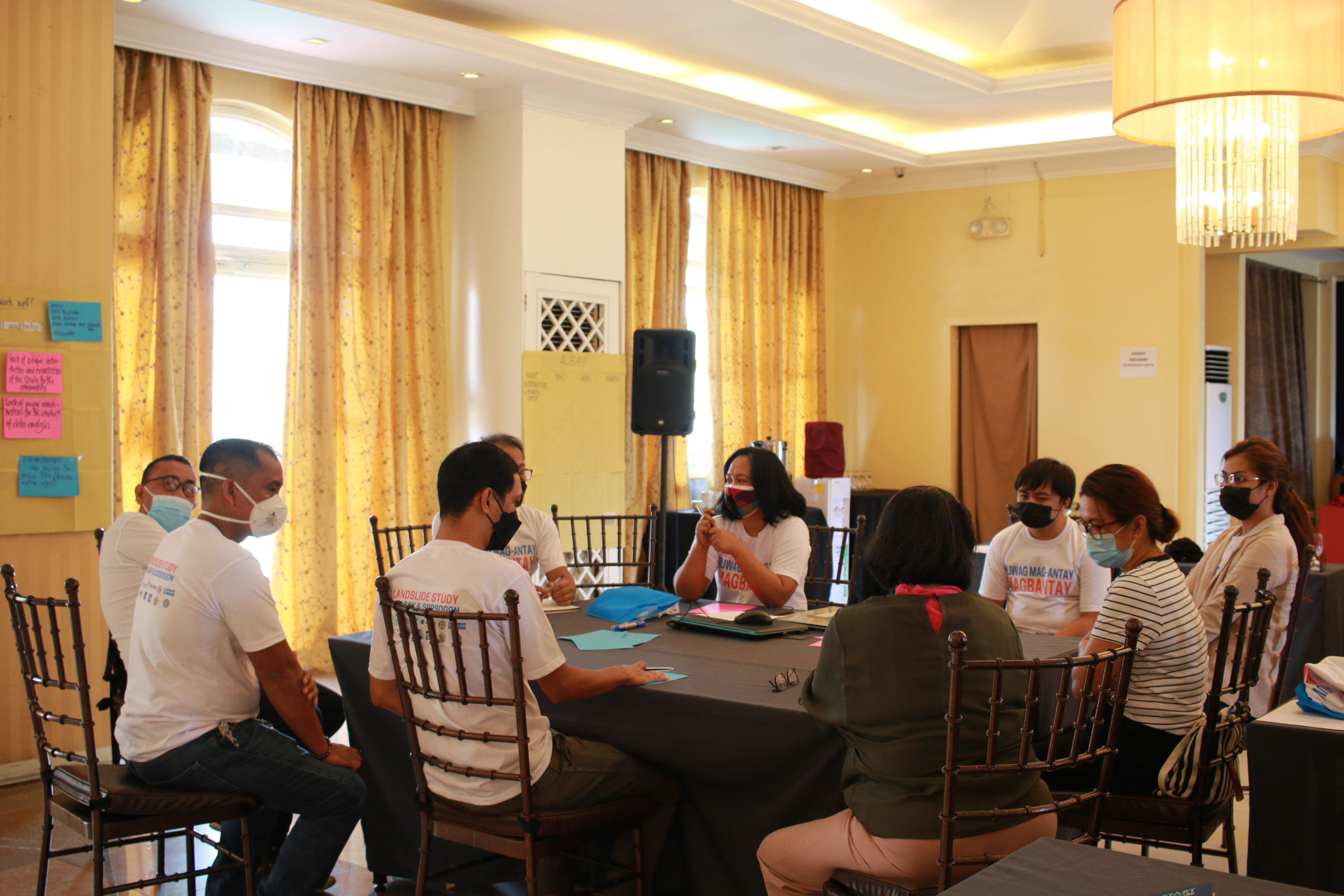Organisations receiving funding to implement humanitarian emergency responses often charge an additional fee to the donor, usually a percentage of the implementation funds received, as unrestricted funds that the organisations can use to manage responses more effectively. This fee is often termed ICR - Indirect Cost Recovery- but has many other terms used synonymously including overhead costs and Non-Project Attributable Costs (NPAC). ICR is often used for organisational strengthening, building up core capacity and organisational sustainability, but the overarching premise is that it is not tied to any specific line item or activity and can therefore be used at organisations’ discretion.
The exact rate of ICR received by implementing organisations varies and is often a process of negotiation. However, as a ballpark figure, it is usually between 7-10%. Some donors, such as the Foreign Commonwealth and Development Office (FCDO) expect lead organisations working on a project with partners to apply the principles of full recovery downstream.
In Bangladesh, most International Non-Governmental Organisations (INGOs) expect to receive 7% of costs as ICR (part of an agreement across ECHO funded projects). Many of these utilise partners to deliver humanitarian emergency responses who often are local organisations with the experience and expertise to deliver specialised assistance in defined localities. Although the practice of ICR sharing from donors to INGOs is widely accepted as fairly standard, the subsequent sharing of ICR to partners is rather ad hoc, and very often non-existent.
Start Fund Bangladesh has been working with its INGO members to advocate for greater ICR sharing with local organisations and have been sharing examples on the importance of unrestricted funding to local organisations in facilitating their long-term sustainability. Here, we share the perspectives of three INGOs that operate in Bangladesh on the value they see after sharing ICR with local partners.
Emerging perspectives suggest that INGOs work to build long term partnerships with local organisations and therefore have a vested interest in their sustained and effective operation. INGOs see ICR sharing as a benefit which ensures that the local partners they work with are able to retain skilled, experienced staff and implement timely and effective responses.
"We want to build the capacity of implementing partners. Project staff at the end of the project often change, or new staff come in, but when we provide 5-7% management cost or indirect cost, they can invest this amount to retain their key staff. We are trying to develop strategic partnerships, not project based partnerships so even when we don’t have projects, we continue our partnerships. In the southwest part of Bangladesh, we have two partners and we have been working with them since 2010. We sometimes have projects with them, but sometimes it is just the partnership. We are not changing partners, we are continuing partnerships for 12, 10 years," Tapan Kumar Chakraborty, Head of Department; Food Security, Livelihood & DRR, ACF
"Our partners need funding for the sustainability of their organisations, and to sustain the expertise. During a project they recruit staff in different sectors and build their capacity with the technical and financial support of donors. But when the project ends and there is no significant funding, they cannot accommodate those staff and have to release them. The ICR or overhead from projects can help to sustain that expertise within the organisation," Md. Abdul Alim, Head of Humanitarian Programme, ActionAid Bangladesh
"World Vision is highly committed to providing continuous support to strengthen the capacity of local partners. In recent flooding responses in Bangladesh, we were able to share more than 50% of ICR with our local implementing partners. We believe ICR sharing with a partner is a fair practice to give recognition to them, developing mutual trust and creating space for them to demonstrate their full capacity. ICR sharing helped our partners to accelerate with confidence in quality implementation of response projects. They invested ICR for organisation capacity development, improving relevant strategies, strengthening monitoring and accountability mechanisms, equipping themselves with the systems and technology for reinforcing overall organisation response capacity. Access to ICR gave them the flexibility to make these decisions," Dulon Joseph Gomes, Humanitarian & Emergency Affairs Director, World Vision Bangladesh
INGOs want to share ICR with their local implementing partners because they see the value in building sustainable partnerships. However, the decision often does not rest with the country office.
ICR (Indirect Cost Recovery) is usually used by INGOs to cover their HQ cost and is outlined in policies which notes the percentage of ICR for each donor and how to charge this. Unfortunately, we have not had the flexibility to change this policy in favour of ICR sharing with our local partners. However, CARE Bangladesh took a bold step at the country level to explore the feasibility of ICR sharing with a local partner and was successful in our anticipatory river bank erosion project supported by Start Fund Bangladesh. We want to continue to float the challenge that we need to influence collectively at the HQ level to put this on the agenda and have a consensus around flexibility and necessary changes to the ICR sharing policy. Kaiser Rejve, Director-Humanitarian & Resilience, CARE Bangladesh
One request from INGOs in Bangladesh is that providers of funding, such as the Start Network, provide clearer guidance on the expectation of sharing ICR with local partners. As part of our research, we also identified that different agencies have different definitions of ICR. Some equate it to management and staff costs, or other support costs, whereas others see it as funding without strings attached.
"We believe that ICR should be unrestricted funding; that local partners should have the decision-making power over how to use these funds, and that ICR sharing should be built into partnership agreements in the same way that INGOs have secured these agreements. If it’s not unrestricted it’s not ICR," Kaiser Rejve, Director-Humanitarian & Resilience, CARE Bangladesh

